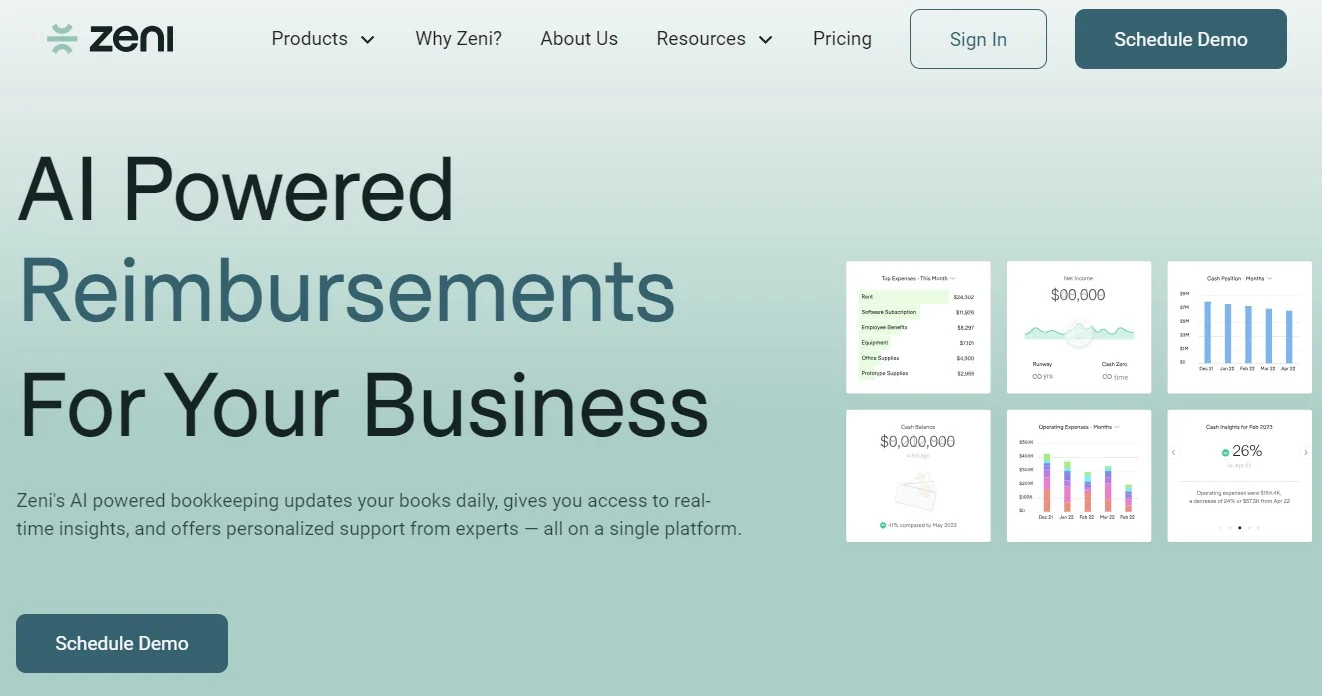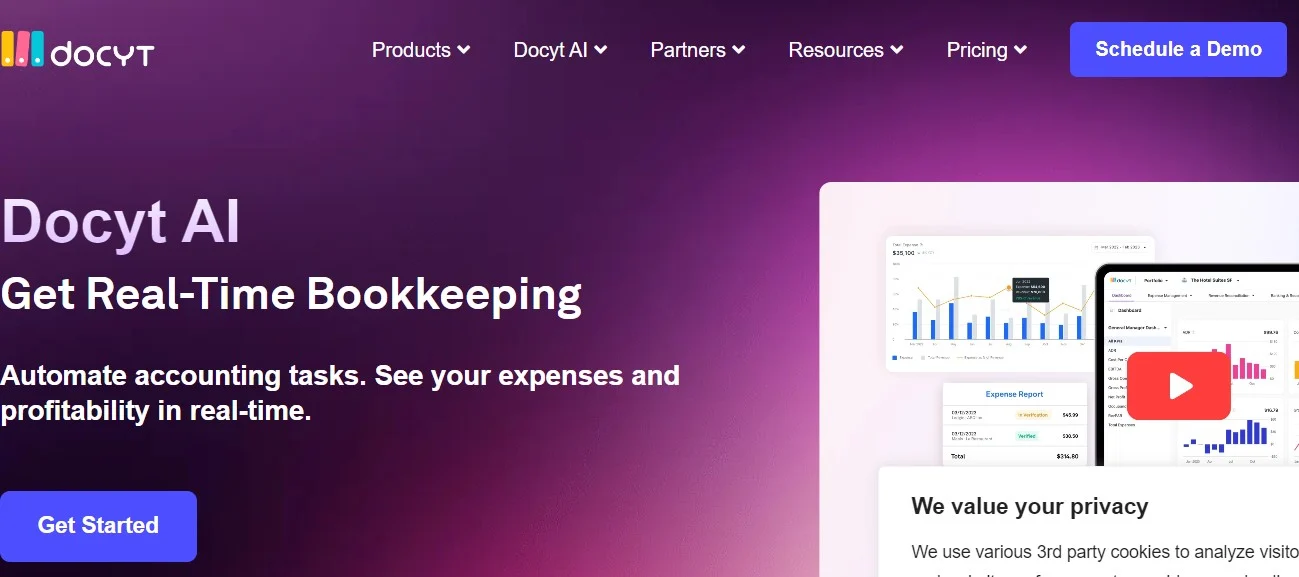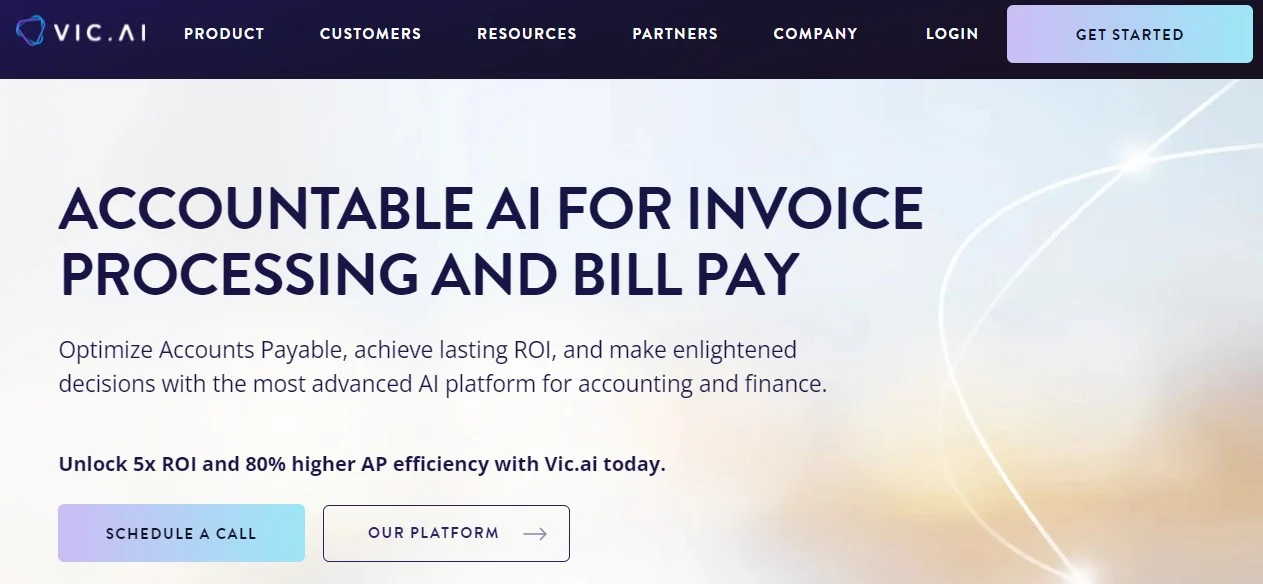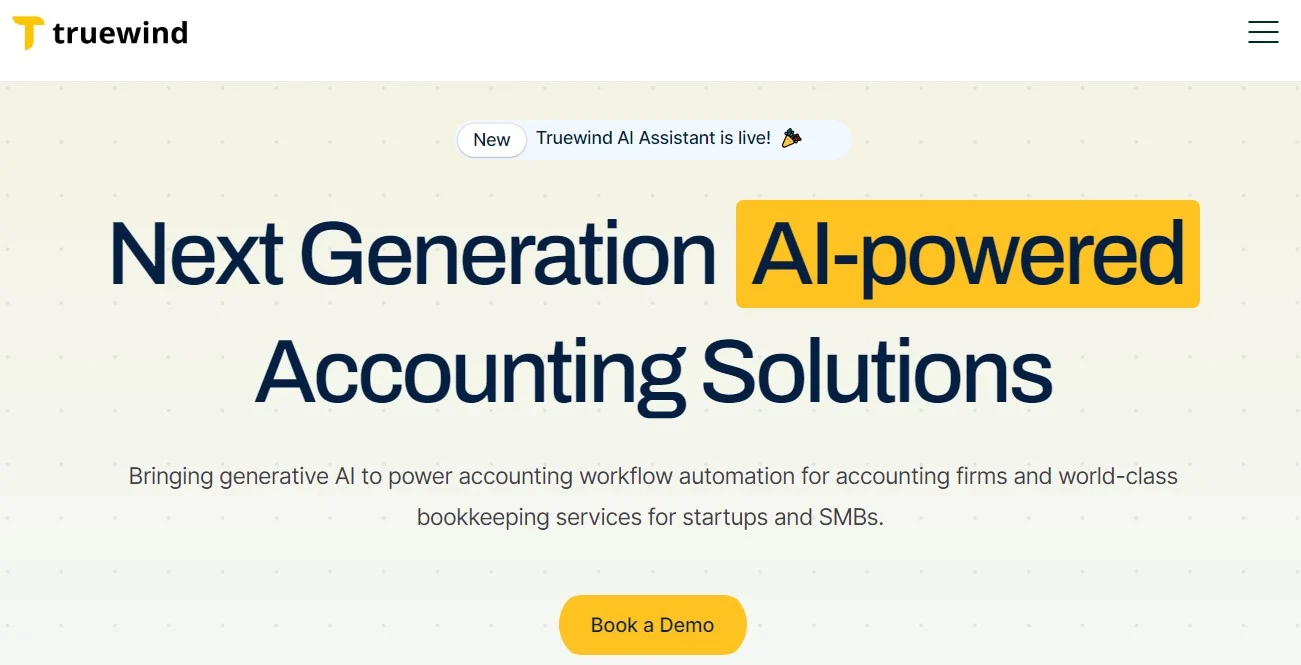In today’s fast-paced business environment, efficient bookkeeping is crucial for managing finances and making informed decisions. With the advancements in artificial intelligence (AI), bookkeeping processes can now be automated and streamlined to save time and reduce errors. In this article, we’ll explore some of the best AI tools for bookkeeping that can revolutionize the way businesses manage their financial records.
Zeni

Zeni is an AI-powered bookkeeping platform designed to automate financial tasks and provide real-time insights for businesses. By leveraging machine learning algorithms, Zeni categorizes transactions, reconciles accounts, and generates accurate financial reports, allowing businesses to make data-driven decisions with confidence.
Key Features and Capabilities
- Automated transaction categorization and reconciliation.
- Real-time financial reporting and analysis.
- Integration with accounting software and bank accounts for seamless data synchronization.
Real-world Use Cases or Examples
A small business owner uses Zeni to streamline their bookkeeping processes and gain a better understanding of their financial health. By automating repetitive tasks and accessing real-time insights, the business owner can make informed decisions and drive growth.
Docyt

Docyt is an AI-driven bookkeeping platform that simplifies financial management for businesses and freelancers. With its intuitive interface and advanced features, Docyt automates data entry, expense tracking, and invoice management, allowing users to stay organized and compliant with ease.
Key Features and Capabilities
- Automatic data extraction from receipts, invoices, and bank statements.
- Expense categorization and tracking for accurate budgeting.
- Customizable reporting and analytics for financial insights.
Real-world Use Cases or Examples
A freelance professional uses Docyt to manage their business finances efficiently. By automating expense tracking and invoice management, the freelancer can focus on delivering quality services to clients while Docyt handles the administrative tasks.
Vic AI

Vic AI is an AI-powered bookkeeping assistant that helps businesses streamline their financial processes and improve productivity. With its natural language processing (NLP) capabilities, Vic AI interprets financial data, answers questions, and provides actionable insights, empowering users to make informed decisions.
Key Features and Capabilities
- Natural language processing for intuitive interaction.
- Automated data analysis and anomaly detection.
- Integration with accounting systems and cloud storage for data management.
Real-world Use Cases or Examples
A finance manager uses Vic AI to analyze financial data and identify potential discrepancies. By leveraging the tool’s NLP capabilities, the manager can quickly obtain insights and address issues, ensuring accuracy and compliance in financial reporting.
Truewind

Truewind is an AI-driven bookkeeping platform that automates repetitive financial tasks and provides actionable insights for businesses. With its machine learning algorithms, Truewind categorizes transactions, flags anomalies, and generates comprehensive financial reports, enabling businesses to optimize their financial processes.
Key Features and Capabilities
- Automated transaction categorization and reconciliation.
- Anomaly detection and fraud prevention measures.
- Customizable dashboards and reports for data visualization.
Real-world Use Cases or Examples
A mid-sized company adopts Truewind to streamline its bookkeeping processes and enhance financial transparency. By automating transaction categorization and detecting anomalies, Truewind helps the company maintain accurate records and mitigate risks effectively.
Bookeeping.ai

Bookeeping.ai is an AI-powered bookkeeping solution that simplifies financial management for businesses and accounting professionals. With its advanced algorithms, Bookeeping.ai automates data entry, expense tracking, and reconciliation tasks, enabling users to focus on strategic initiatives and business growth.
Key Features and Capabilities
- Automated data extraction and entry from invoices, receipts, and bank statements.
- Expense categorization and budget tracking for informed decision-making.
- Seamless integration with accounting software and cloud storage platforms.
Real-world Use Cases or Examples
An accounting firm adopts Bookeeping.ai to streamline its client bookkeeping processes and improve efficiency. By automating data entry and expense tracking, the firm can allocate resources more effectively and provide value-added services to clients.
Conclusion
In conclusion, AI-powered bookkeeping tools offer immense potential for businesses to streamline financial processes, improve accuracy, and gain valuable insights into their financial health. By leveraging these innovative solutions, businesses can optimize resource allocation, enhance decision-making, and drive sustainable growth in today’s competitive landscape.
